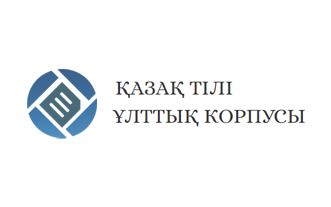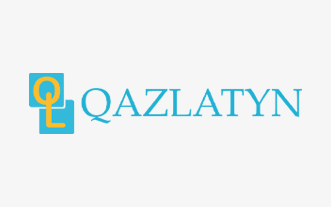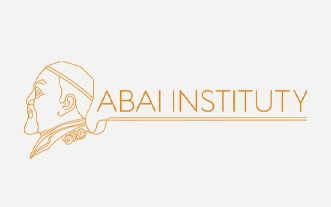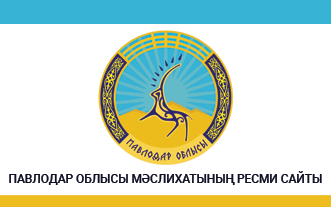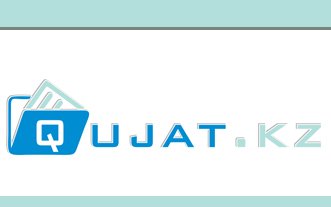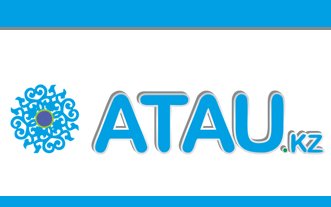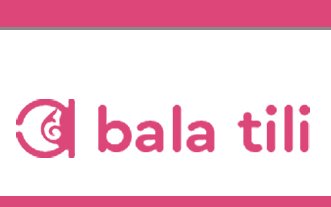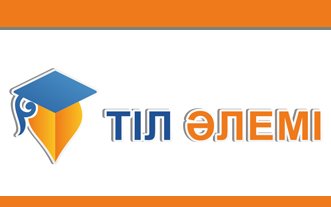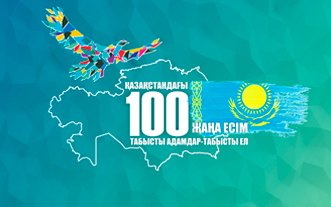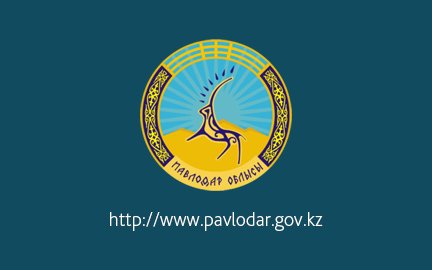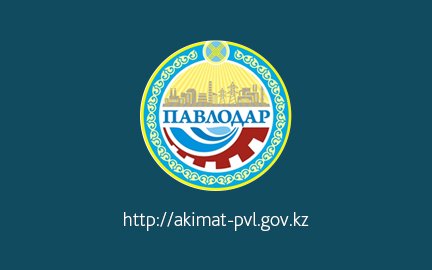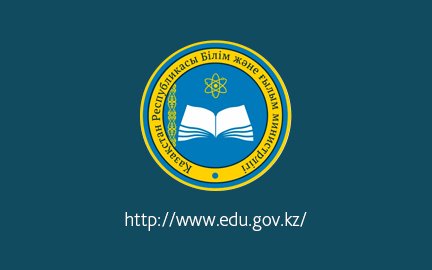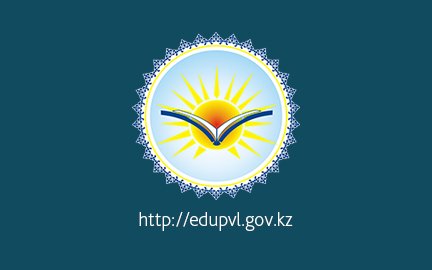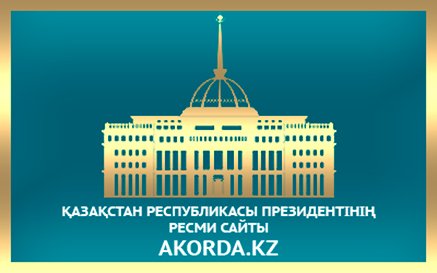Life of Ibrai Altynsarin (1841-1889) Ibrai (Ibrahim) Altynsarin - a prominent educator-educator, writer, ethnographer, folklore, public figure. Ibray Altynsarin left a deep mark in the history of the Kazakh educational history and the formation of the national school. He was born on October 20, 1841 in Kostanai district of Kostanay region. At the age of three or four, his father Altynsary died and grew up in the hands of his father Balgozha. His father Balgozha dance was one of the famous people in his area. The dance, holding a lot of power in the country, was a reputable, well-known figure in the Orenburg administration. Balgozha, who predisposed to the contemplation of time to time, considers himself the next step to success. Thus, her grandson writes a small Ibragy to the Russian-Kazakh school, which is expected to be opened in Orenburg.
The school will be opened in 1850 and one of the thirty Kazakh children will be nine years old, Ibrai. Ibrai studies the school with great enthusiasm, completes his studies in 1857 with "excellent" grades, and until August 1859, he works as a translator in his native country. Having been educated in the city and learning about unknown stories in the Kazakh steppes, having a vision of a talented young man who has expanded his vision of the country for about two years, will allow the Kazakh society to understand and feel new. In 1859, Ibrai Altynsarin became acquainted with the good acquaintance of his father, the respected person - the chairman of the Border Commission in Orenburg, famous scientist orientalist, professor VGGororiev. She cares for Ibrahim and helps her to use her rich library. He studied Russian writers' works from the library of Ybrai Grigoryev, works of Russian and world educators, books about the life of great people. Reading periodicals. By searching for and searching for more resources, Ibraa does not want to be celibate, but rather aims to do something more useful to his people. His enthusiasm is enlightened. In 1860 when four primary schools were opened for Kazakhs in the east of the Ural, Ibrai asked for himself and came to Torgai school as a teacher. But the school will not be opened immediately.In the meantime, Ibrai explains the benefits of the school throughout the country and trains some children at home. The Turgai school was opened only in 1864. "On January 8, this school was opened and the school was opened and it was attended by 14 Kazakh children, all good and smart children, and I was a great hungry wolf," he writes, a famous orientalist, professor NI In his letter to Ilminsky. Ibrai made his schooling and education work in the form of Russian schools of that time.Teaching lessons in the Kazakh language, she tries to teach Russian to the children, to teach the basics of the subject. Educational work is adaptable to bring up a new generation of humanity. Ibrai knows well that his people are very passionate about culture and education. This is encouraging. "The Kazakhs are welcomed by me, and they are full of people who want to give their children to school," he wrote in one of his letters. Ibrai NI In his letter to Ilminski, he says, "I believe that your Kazakh people, who has traveled the Kazakh steppe for three years, are a clever, intelligent, talented but uneducated people. The people of Kazakhstan are ordinary people, but we are much more modest than ourselves. "Such a thought about the native nation motivated Ibrahim's democratically and inspired him to work with faith, and Ibrai also saw social inequality and injustice in the country. He criticized the perverted behavior of the people, and wrote: "In the service I often meet with Kazakhs," he wrote in 1864 in Ilminsky, including my own relatives. I know their secrets, and I hate most of them, and I do not like the services of Kazakh people. They are the poor Kazakhs, who can not resist and shield the unprincipled moms, which will feed in the mouth of the scarecrow, to be inhabited by humanity. When I see them, I'm very sorry ...One of the strongest corrupt in this country knows that I am dissatisfied with what they are doing ... So he is trying to expel me from it. "In order to combat public injustice and illicit trafficking in human beings, in 1876, to go to St. Petersburg, Kazan, to promote the development of education in the country.Studying the work of the Russian educational system, the Russian educators. She is thinking of creating a manual in the Kazakh language. In 1879, Ibrai was appointed as inspector of the Turgay region. This opens the way for a broad range of educational activities. She is engaged in the opening of European-style schools. From 1879 to 1883 he opened new schools in four counties of Turgay region (Turgai, Irgiz, Troitsk, Aktobe). In 1883 a craft school was opened in Turgay. It was the first educational institution in the Kazakh steppe. Ybyray pays special attention to teaching Kazakh girls. This is considered as one of the most common ways to combat old traditions. In 1887, the establishment of a girls' school in Irgiz was a great educational work. In connection with the increase of the number of schools in the Kazakh steppes Ibray started to open a teacher training school. In 1881 the first teacher school was opened in Omsk. Ibrai did not just go to school. She paid special attention to teaching and learning in those schools. The educational work was organized in a new direction.He appreciated the role of the teacher. "It's the most important thing for the folk schools," he wrote, "excellent educational tools, the best government orders, and the careful inspector's supervision can not be compared to the teacher." Ibrai loved his own people very much, looked at the future with great confidence. That is why the people have been inspired by the enlightenment. In his report to the military governor of the Turgay region in 1883, he wrote: "It is still necessary to give the Kazakhs a right direction to these talented, intellectually mature people - to become spiritual and social development."On this road, Ibrai met many difficulties. Prejudice, bribery, and frustration in the country depressed her. "When this happens, we have to find a way out of the country, to be able to break the country of the Kazakh people and to fight against the evil that is destructive." Culture is a talented pedagogue-writer and characteristic, rich, ethnically friendly, and companionable. Ibrai was the most respected and respected among the Russian intelligentsia. On the way to the textbook, Ibrai considers Kazakh as the main tool of education and upbringing in the school. She teaches children to be fluent and attentive to their mother tongue, and they want to instill good behavior through small artworks. Ibrai believed that the content of the children would be in their own language, which would raise their knowledge, the theme of which would interest them ... books in the Kazakh language. Since 1876, he started writing "The Kazakh Leadership" and published in 1879 in Orenburg. "When I wrote this book," Ibram wrote in the opening remarks of Ibragim Chrestomathy: "Firstly, this was the only way to become a textbook for Kazakh children educated in the Russian-Kazakh schools of the only one in our mother tongue.""The Kazakh Leader" is composed of poems and short stories for children. He wrote some of them, some of which were freely translated from the Russian textbooks of that time. He also sampled samples of the Kazakh folk literature into Chrestomaty.
Works by Ibrai Altynsarin
1. Introduction to the Russian language of instruction, Orenburg, 1879.
2. The Kazakh Chrestomaty, Orenburg, 1906; Makkubat, October 1896, 1899.
3. Kyrgyz Church, Orenburg, 1879, 1906.
4. Choose. exit 3 volumes, A., 1943, 1953.
5. Concentration in the 3rd. T.1-3, Alma-Ata, 1975, 1978.
6. Stories, Almaty, 1980.
His poems are the khans of Azgan; Balgozha's letter to the dance boy; Summer; Come, kids, okay; Swallow; Snow and fox; Mommy, my friends; Mommy, guys; River; People with art education; Live verses; Stories; Callus; The beast has a lot of memory but does not have full pay; Gold Coast; Gold slopes; Herbs; A foolish friend; Benefits of Knowing; One handful of cotton; Rich child and poor son; Baiuly; The child is in danger; Garden trees; Wise genius; The world's way; Bad companion; Good for evil; Conflicts of animals;










